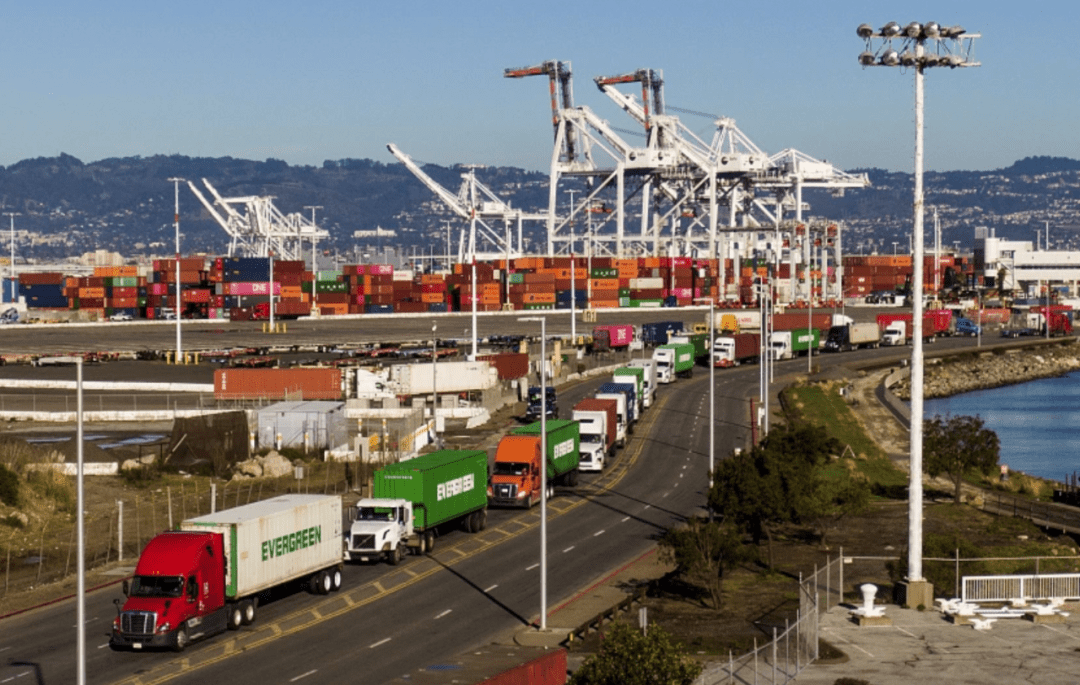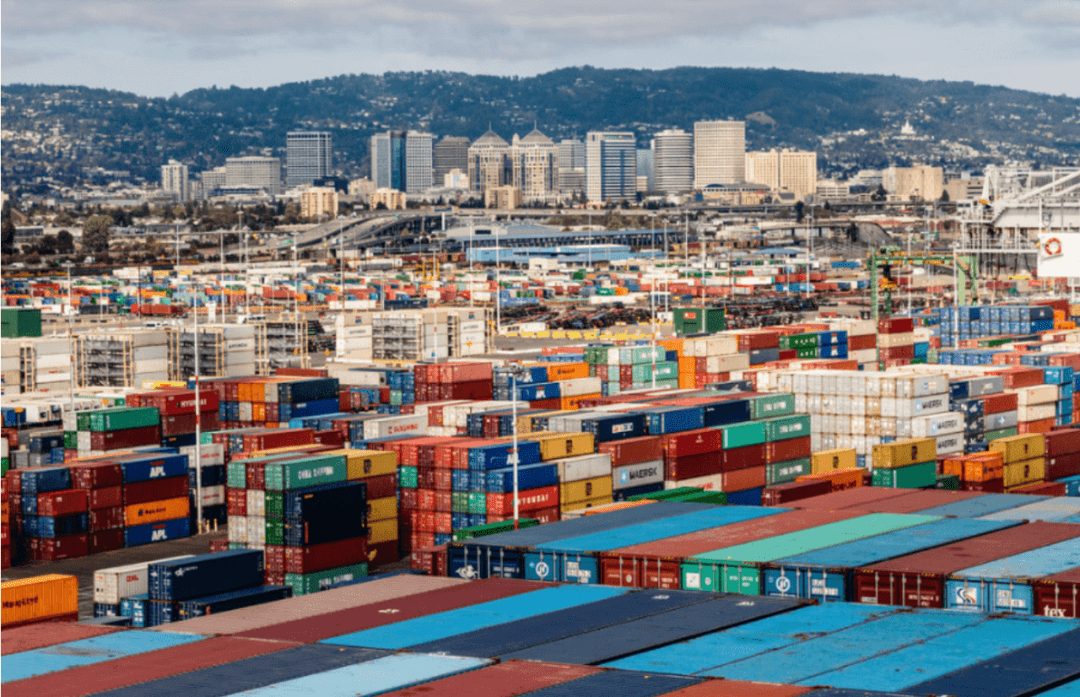The truck workers' strike at the Port of Oakland in the United States, originally planned to end on July 20, may be extended to weeks or even months due to the rising voices of protesters.
According to local media reports on July 21, due to truck drivers' protests against the AB5 bill, some terminals at the Port of Oakland in the United States were closed. The port business was severely affected and even faced the threat of operational interruption. This made the already very tight U.S. supply chain. Adding insult to injury.


The strike at the Port of Oakland began on July 18 and was originally scheduled to end on July 20, but protesters appear to be preparing to extend the strike. Some protest organizers claimed that the strike may last for weeks or even months.
Protesters held placards that read "Goods will not 'flow' until AB5 is repealed."
According to reports, before the strike on July 21, the three main terminals of the Port of Oakland had closed truck access, which meant that most operations at the terminals had been suspended.
The Port of Oakland said in a statement recently that the closure of the terminal will further exacerbate port congestion. Port of Oakland officials are urging truck drivers to end their strike and resume terminal operations as soon as possible.

As of now, there is no news on when the strike will end, which will undoubtedly further exacerbate port congestion and cargo accumulation as the U.S. port supply chain is deteriorating.
"The U.S. supply chain has fallen into crisis." Peter Friedmann, executive director of the American Agricultural Transportation Alliance, said after the strike at the Port of Oakland.
Danny Wan, executive director of the Port of Oakland, said: "We understand the frustration of protesters, but a prolonged shutdown of port operations, regardless of the reason, will harm the interests of all businesses operating in the port."
In addition to the Port of Oakland, truck drivers at the other two major ports in the West, the Port of Los Angeles and the Port of Long Beach, also went on strike on July 13. About 100 truck drivers stopped working to express their opposition to the controversial AB5 bill. of protest.
It is understood that the AB5 bill that truck drivers are protesting this time redefines truck drivers who were originally regarded as independent contractors as employees. This means that truck drivers will lose the freedom to operate independently, making it more difficult to make a living. A conservative estimate is that approximately 70,000 truck drivers will be affected by this bill.

Matt Schrap, CEO of the American Port Trucking Association, said in a statement: "AB5 will have far-reaching consequences and upend the industry as we know it. Tens of thousands of truck drivers will be 'pushed out' of their established businesses within a week. model. There is no doubt that this will further increase supply chain pressure."
Bill Aboudi, president of truck company AB Trucking, said that the current inflation rate in the United States is very high, and if the AB5 bill is not cancelled, truck operating costs will soar.
It is worth noting that the port strike coincides with the peak import season, when U.S. retailers are stocking up on goods for the fall holidays and students returning to school.
As the main import gateway and agricultural export center on the West Coast of the United States, the Port of Oakland has more than 2,100 trucks entering and exiting the port every day. The imported goods include furniture, clothing, and electronic products from China, Japan, and South Korea.
· END ·
Editor of this issue: Effy Reviewer: Wang Yu
Original text from: https://mp.weixin.qq.com/s/5RoRkb-vK1EFv1ukAS8O-Q